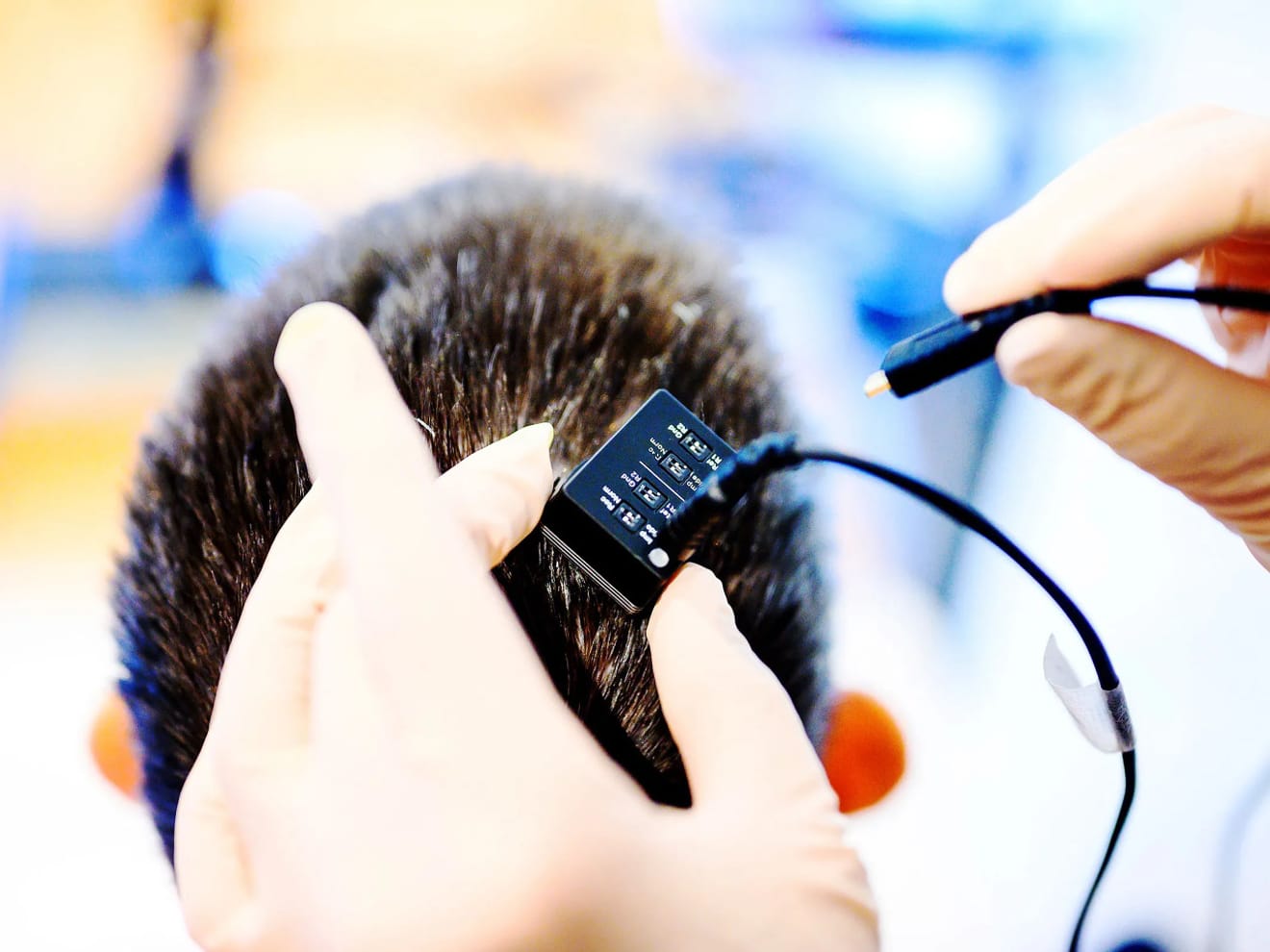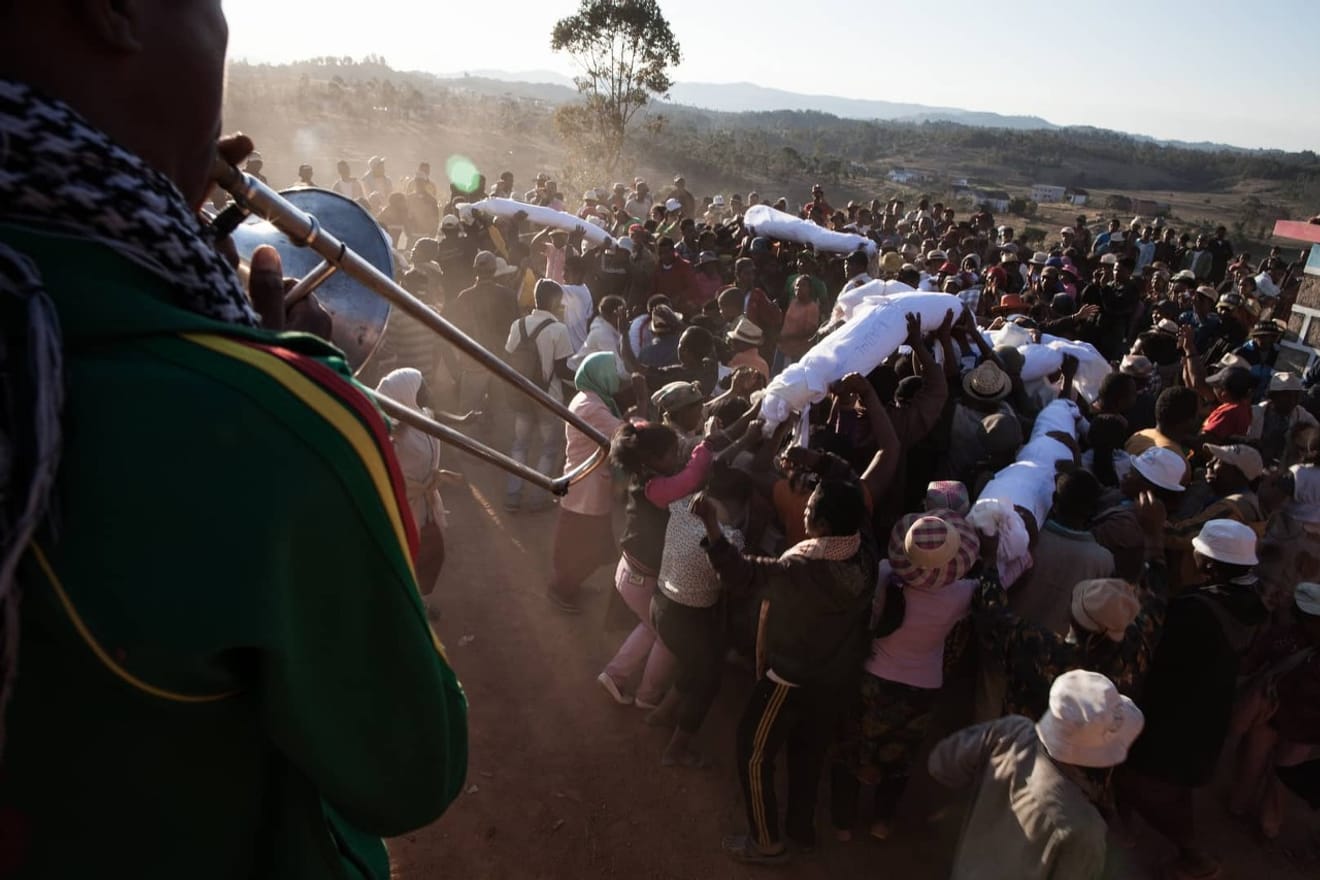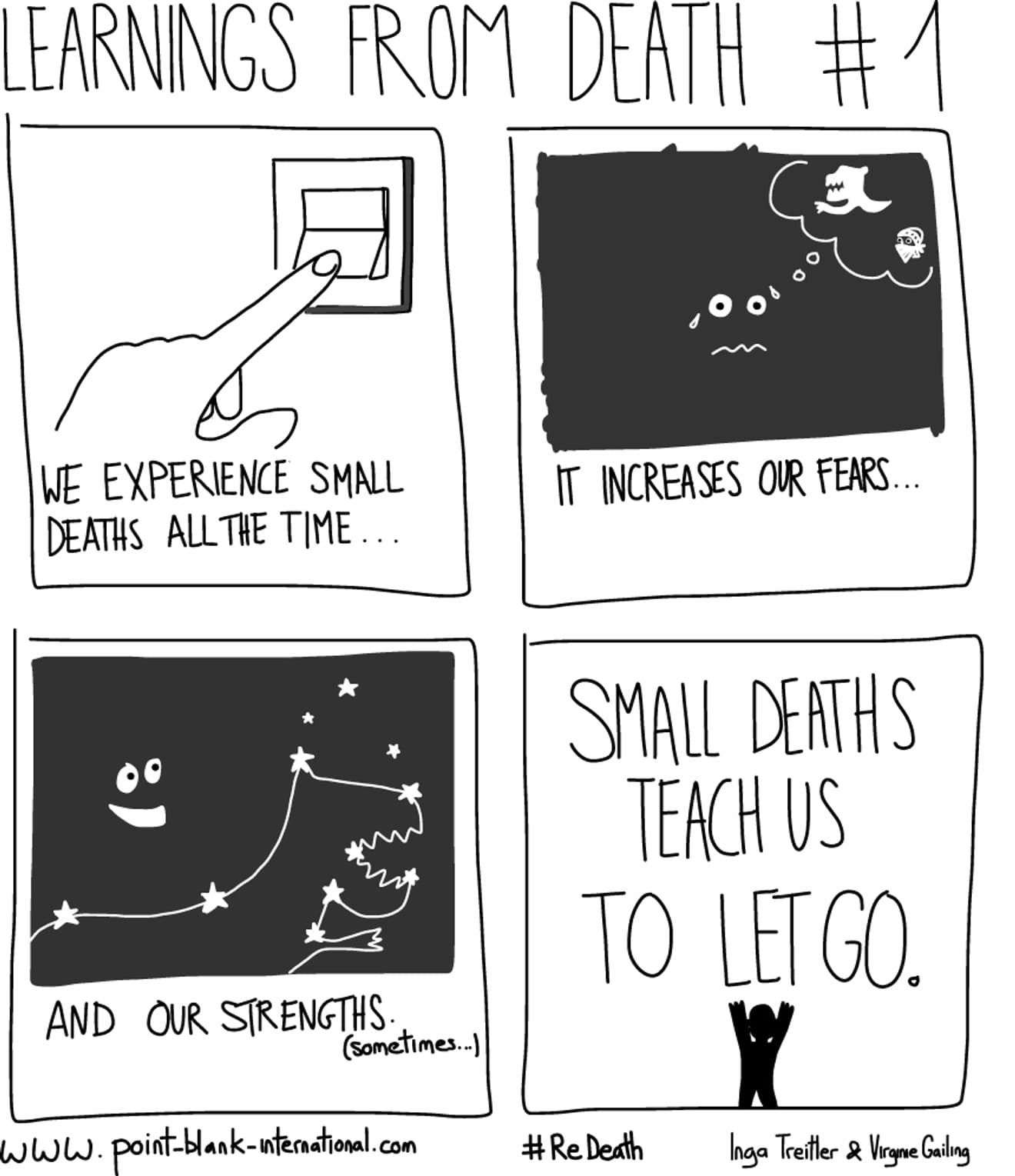Pada September lalu, Neuralink milik Elon Musk yang bertujuan untuk menanamkan implan otak pada manusia, mengumumkan perekrutan peserta uji klinis manusia untuk pengujian perangkat tersebut. Perangkat yang dikenal sebagai brain-computer interface (BCI) ini akan mengumpulkan aktivitas listrik neuron dan menerjemahkan sinyal tersebut menjadi perintah untuk mengontrol perangkat eksternal. Teknologi ini memungkinkan individu dengan kelumpuhan untuk mengontrol kursor atau keyboard hanya dengan pikiran mereka. Selain itu, Precision Neuroscience pada tahun lalu telah menanamkan implan otak mereka pada tiga orang selama kurang lebih 15 menit untuk memverifikasi kemampuan implan dalam membaca, merekam, dan memetakan aktivitas listrik pada permukaan otak. Mereka berencana untuk memperluas penelitian ini pada lebih banyak pasien pada tahun 2024.

Para pemimpin industri ini secara bertahap mewujudkan peningkatan besar dalam investasi modal untuk komersialisasi, yang menunjukkan bahwa sains dan teknologi telah mencapai tahap kedewasaan di mana mereka dapat memberikan dampak yang nyata dan dramatis pada kondisi dan keadaan manusia. Namun, perubahan ini bukan sekadar pencapaian teknologi, tetapi juga merupakan awal dari serangkaian pertanyaan mendasar tentang bagaimana manusia berhubungan dengan tubuh mereka, dan pada akhirnya, pemahaman sosial dan makna konvensional yang rumit tentang hidup dan matiyang perlu kita ingat.
Akta kelahiran menandai momen seseorang dilahirkan ke dunia, sementara akta kematian menandai momen seseorang meninggalkan dunia. Pembagian ini mencerminkan konsep tradisional tentang kehidupan dan kematian yang dikotomisasi. Definisi biologis kematian umumnya mengacu pada 'penghentian ireversibel' dari proses pemeliharaan kehidupan yang dipertahankan oleh jantung dan otak. Namun, sekitar tahun 1960-an, penemuan resusitasi kardiopulmoner (CPR) memunculkan istilah 'serangan jantung', yang membedakannya dari makna kematian yang sebelumnya mutlak. Selain itu, ventilator mengubah individu dengan kerusakan otak menjadi mayat yang jantungnya masih berdetak, memicu perdebatan medis, etis, dan hukum tentang apakah seseorang dapat dinyatakan meninggal. Di bidang ilmu saraf, sampai saat ini, masih ada kasus-kasus yang bertentangan dengan kepercayaan tradisional bahwa otak mulai rusak setelah beberapa menit tanpa pasokan oksigen, yang menunjukkan bahwa batas antara kehidupan dan kematian semakin kabur.

Di Madagaskar, sebuah negara pulau di lepas pantai Afrika Timur, terdapat ritual bernama Famadihana di mana kerabat membawa jenazah leluhur mereka keluar dari makam keluarga dan menari bersama tulang-belulang orang yang telah meninggal, diiringi iringan berbagai band brass. Ritual ini menunjukkan cara yang agak ekstrem untuk memandang kematian bukan sebagai perpisahan terakhir, melainkan sebagai hubungan yang berkelanjutan, yaitu sebagai bagian dari proses kehidupan. Bagi mereka, proses penggalian menjadi momen di mana keluarga menegaskan kasih sayang mereka satu sama lain, dan mereka menyatakan bahwa mereka telah membuat leluhur mereka sangat bahagia melalui ritual tersebut. Dari mereka, kita melihat provokasi lain terhadap kesadaran, aktivitas, artefak, dan hubungan yang melampaui kematian biologis.
Kita hidup di era di mana layanan yang berfokus pada manusia berlimpah. Setiap saat, kita dapat melihat bagaimana produk, situs web, dan perangkat yang cerdas membuat hidup kita lebih mudah dan merespons kebutuhan kita secara langsung. Namun, kita perlu memperhatikan bahwa fokus yang mencekik dan terpersonalisasi yang hanya berpusat pada setiap momen yang hidup dan disajikan secara kompetitif membuat kita melupakan bahwa kita adalah makhluk yang berada di jalan terbatas menuju kematian, dan juga membuat kita cenderung menghindarinya dan menganggapnya sebagai sesuatu yang tabu. Pada tahun 2014, antropolog budaya Inger Treitler melakukan survei tentang keinginan dan kebutuhan terkait kematian dengan 150 peserta di Berlin melalui permainan kartu interaktif. Melalui proses ini, ia menemukan bahwa percakapan tentang kematian, yang sebelumnya dianggap akan menimbulkan isolasi, kebingungan, dan penderitaan, ternyata dapat menjadi pengalaman yang cukup terbuka dan menarik. Ia juga menemukan bahwa asumsi bahwa itu adalah topik yang tidak nyaman terkait dengan praktik pemakaman tradisional yang dingin dan kaku. Selain itu, ia menemukan bahwa pengalaman 'kematian kecil' seperti sendirian mematikan lampu saat tidur di malam hari, pada awalnya meningkatkan rasa takut, namun seiring waktu, hal itu juga menghasilkan efek positif berupa peningkatan keberanian dan kekuatan.

Perkembangan teknologi dan sains membuat pemahaman kita tentang kematian terus berevolusi. Penemuan bahwa aktivitas otak berlanjut untuk sementara waktu setelah jantung berhenti berdetak menunjukkan kemungkinan untuk mengembalikan fungsi tubuh, dan menyajikan kekayaan pemahaman baru tentang kehidupan itu sendiri serta perubahan perawatan akhir hayat yang spesifik, seperti apa yang harus kita persiapkan sebagai keluarga dan percakapan apa yang akan kita alami sebelum dan sesudah kematian.
Tahun 2024 telah tiba. Rasanya ini adalah waktu yang tepat untuk memperhatikan berbagai perspektif tentang kematian sebagai acuan dalam memahami bagaimana kita mengingat, mengalami, dan mengantisipasi masa lalu, sekarang, dan masa depan.
Referensi
Komentar0